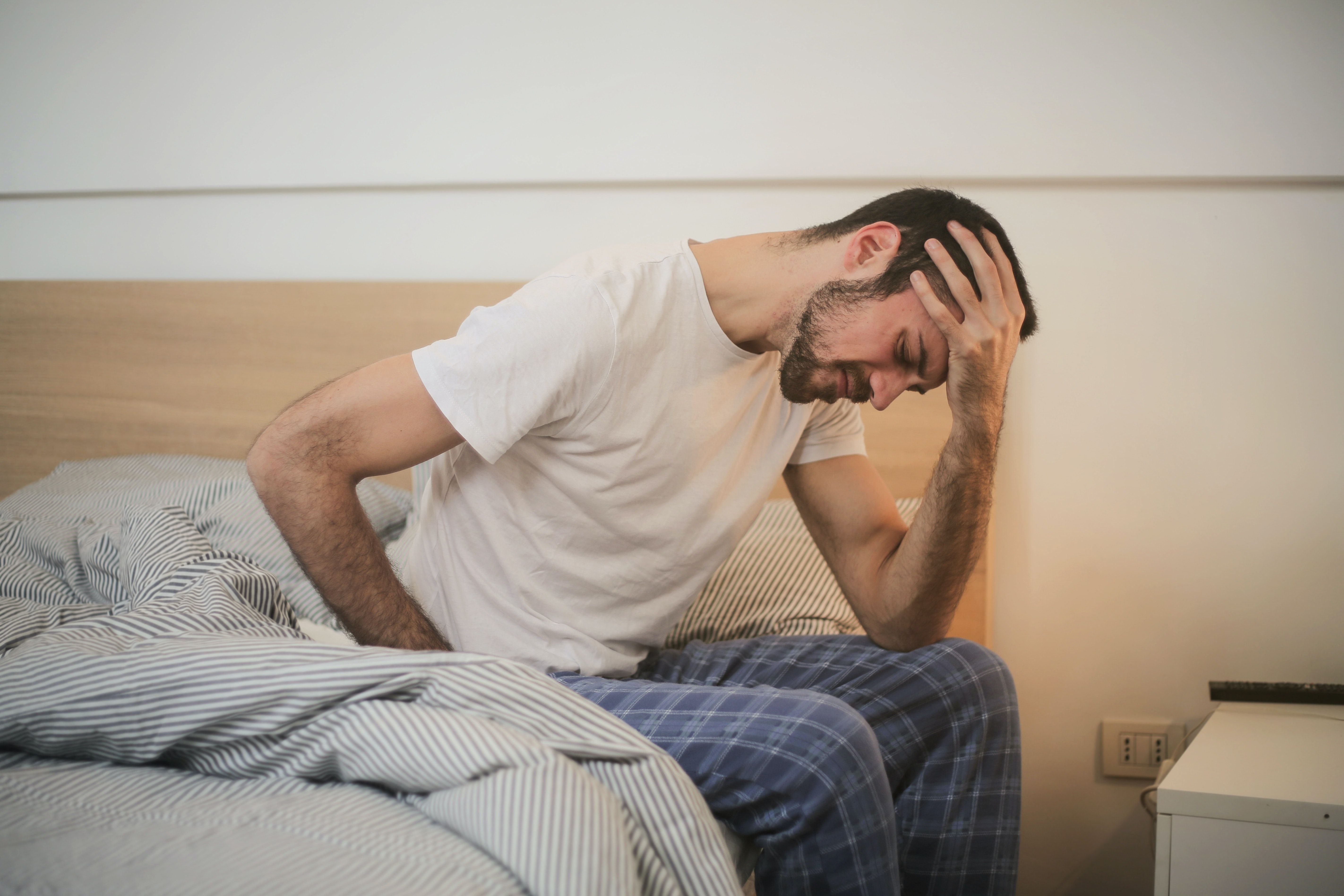If you’re one of the millions and millions of people who have to deal with chronic pain on a daily basis—and if that pain makes it difficult or impossible to work or even get through a day without being exhausted, depressed, anxious and irritable – you may be wondering whether there is any point at all to holding onto your sobriety.

First of all, a little self-pity is probably in order. Living with chronic pain—particularly the kind that doesn’t get better with time and/or treatment, but only gets worse as you age—is absolutely exhausting! It’s bad enough when your body aches so much that you’re constantly drugged down to dull the pains, but it can be even more demoralizing to struggle just to get through each day––and every other day seems like an eternity.
You need comfort from something or someone, and drugs or alcohol feels like the perfect solution to everything from your exhaustion (that chemically induced sleep will help at least for a couple of hours) to your anxiety about dealing with tomorrow. It’s not a perfect solution, of course; drugs and alcohol can only ease your pain for so long before you feel worse than you did before.
But deciding to be sober is just about deciding that the temporary pleasure of an alcoholic or drug-induced buzz isn’t worth the effort needed to stay clean and sober. If you think about it long enough, you might decide there are some benefits to holding onto sobriety that make enduring constant chronic pain more bearable.
-
Make a plan
Having a plan in place ahead of time can make all the difference in maintaining sobriety when facing chronic pain. Reach out to your healthcare provider or trusted support group and create a plan to address both physical and emotional needs while abstaining from substance use.
-
Get regular exercise
Exercise can help manage stress, reduce feelings of depression, anxiety, and fatigue that often accompany chronic pain. Participating in activities that bring joy, such as hobbies or sports that you enjoy, can be a healthy distraction from craving substances or dealing with pain symptoms.
If you’re willing to stick with sobriety, your body may start feeling better in general. The pains and aches of chronic pain can sometimes make it difficult to even pull yourself out of bed, but the energy needed to keep your daily routine going, especially if it involves activities that help distract from the aching and tingling in different parts of your body, can often feel more manageable once you’ve gotten used to being clean and sober.
-
Get plenty of sleep
Getting adequate rest is essential for managing chronic pain as well as staying sober if you are in recovery. Establish a regular sleep schedule and avoid activities (such as screens) that can interfere with restful sleep prior to bedtime.
-
Prioritize nutrition and hydration
Eating nutritious meals, drinking plenty of water throughout the day, and avoiding foods that may trigger cravings or exacerbate pain symptoms are important for both physical health and sobriety maintenance.
-
Connect with supportive people and resources
Having people you trust who understand your commitment to sobriety while managing chronic pain is essential for maintaining your well-being. Reach out to fellow peers in recovery, counselors/therapists, family members/friends who provide support, as well as community resources such as 12-step programs or other organizations that provide assistance. Doing so can help you stay connected and get the support you need to remain sober.
Although managing chronic pain while staying sober can be challenging, it is possible with a comprehensive plan of action and proper self-care. With time and dedication, you can find tools to cope with your physical condition and recover from substance use disorder.
Getting sober is hard, especially when chronic pain makes simply getting out of bed seem like a triumph in itself. But giving up drugs or alcohol doesn’t mean giving up on your life and letting chronic pain take over completely; instead, it means taking control of how you live with your condition and still making room for other people in your life too. And don’t forget to practice self-compassion and try not to put too much pressure on yourself — recovery from addiction and chronic pain is a marathon, not a sprint.
Soberman's Estate is a residential men's addiction treatment center that provides discreet, individualized, sophisticated recovery and wellness services for adult men that want to recover from substance use disorders, and or other behavioral issues such as trauma, anxiety, depression, stress, or other addictions.





